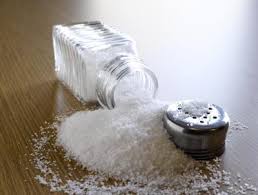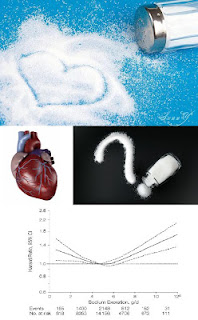Eat an apple a day 21st sept
The first printed mention of this saying can be found in the February 1866 issue of the publication "Notes and Queries." The publication printed the proverb like this: "Eat an apple on going to bed, and you'll keep the doctor from earning his bread." Nearly 150 years later, variations of this adage are still quoted. It's unlikely that the saying would have maintained such popularity if there wasn't some truth to it, right? With that in mind, let's consider some of the apple's components and their effect on our health:
- Pectin -- Pectin is a form of soluble fiber than lowers both blood pressure and glucose levels. It can also lower the levels of LDL, or "bad" cholesterol in the body. Pectin, like other forms of fiber, helps maintain the health of the digestive system. Apples are an excellent source of pectin.
- Boron -- A nutrient found in abundance in apples, boron supports strong bones and a healthy brain.
- Quercetin -- A flavonoid, this nutrient shows promise for reducing the risk of various cancers, including cancers in the lungs and breast. It may also reduce free radical damage. Free radicals develop when atoms in the body's cells have unpaired electrons, which can lead to damage to different parts of the cell, including DNA. Quercetin may neutralize free radical damage, which has been implicated in a variety of age-related health problems, including Alzheimer's disease.
- Vitamin C -- Vitamin C boosts immunity, which helps maintain overall health.
- Phytonutrients -- Apples are rich in a variety of phytonutrients, including vitamins A and E and beta carotene. These compounds fight damage from free radicals and can have a profound affect on health, including reducing the risk of heart disease, diabetes and asthma.
Apples also act as a toothbrush, cleaning teeth and killing bacteria in the mouth, which may reduce the risk of tooth decay. They're also low in calorie density, one of the trademarks of a healthy food. When a food is low in calorie density you can eat good size portions of the food for relatively few calories. In addition, apples are affordable and readily available.
With all of this information, it's easy to see that, yes, an apple has its health benefits.





